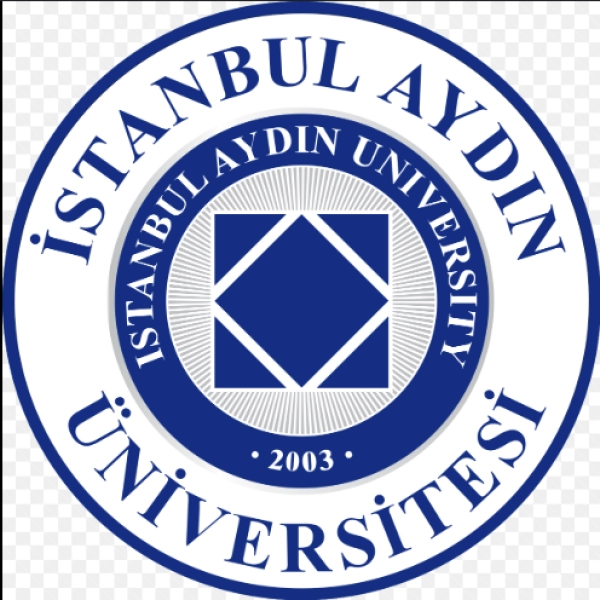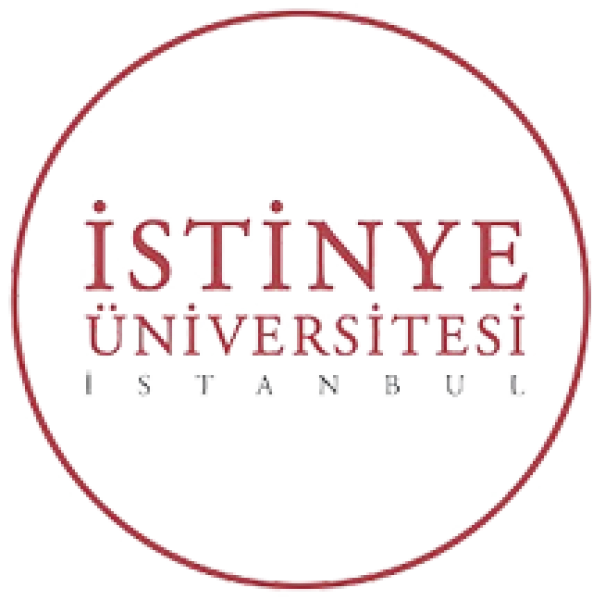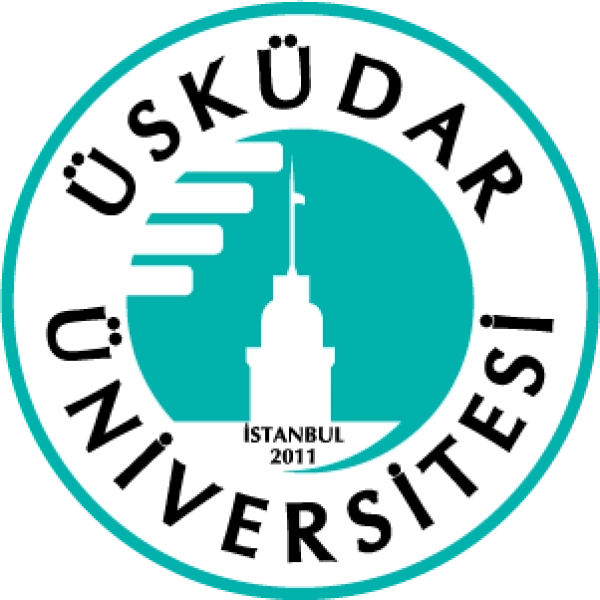Faculty: Education
The Translation and Interpretation major focuses on the theory and practice of translating written texts and interpreting spoken language between different languages. Students acquire skills in linguistics, cultural studies, translation techniques, and interpretation methods, preparing them for careers in translation, interpretation, localization, and related fields.
Learning Objectives:
- Understand the principles of translation and interpretation.
- Develop skills in linguistic analysis and cultural mediation.
- Learn translation techniques for different text types and genres.
- Explore consecutive and simultaneous interpretation methods.
- Analyze computer-aided translation tools and techniques.
- Develop critical thinking, problem-solving, and communication skills.
- Gain practical experience through projects and internships.
Main Curriculum:
- Introduction to Translation and Interpretation - An overview of translation and interpretation principles, history, and industry trends.
- Linguistic Analysis - Fundamentals of linguistics, including phonetics, syntax, and semantics.
- Cultural Studies - Exploring cultural differences and their impact on translation and interpretation.
- Translation Techniques - Methods for translating different types of texts, including literary, technical, and legal texts.
- Consecutive Interpretation - Consecutive interpretation methods, including note-taking and memory skills.
- Simultaneous Interpretation - Simultaneous interpretation methods, including split attention and multitasking skills.
- Computer-Aided Translation Tools - Use of computer-aided translation tools and techniques in translation and interpretation.
- Localization - Principles of adapting products and content for specific local markets.
- Ethics in Translation and Interpretation - Understanding ethical considerations and professional standards in translation and interpretation.
- Specialized Translation - Techniques for translating specialized texts, such as medical, legal, and technical documents.
- Portfolio Development - Creating a professional portfolio showcasing translation and interpretation skills.
- Practical Training - Real-world experiences in translation agencies, or translation services, localization companies, or international organizations.
- Capstone Project - A comprehensive project applying translation and interpretation skills, such as translating a specialized text, interpreting a conference, or developing a localization strategy.
Assessment Methods:
- Analysis of translation and interpretation principles
- Linguistic analysis projects
- Cultural studies projects
- Translation techniques projects
- Consecutive interpretation projects
- Simultaneous interpretation projects
- Computer-aided translation tools projects
- Localization projects
- Ethics in translation and interpretation projects
- Specialized translation projects
- Portfolio development projects
- Internship reports
- Capstone projects and presentations
Recommended Textbooks:
- "Introduction to Translation and Interpretation"
- "Linguistic Analysis"
- "Cultural Studies"
- "Translation Techniques"
- "Consecutive Interpretation"
- "Simultaneous Interpretation"
- "Computer-Aided Translation Tools"
- "Localization"
- "Ethics in Translation and Interpretation"
- "Specialized Translation"
- "Portfolio Development"
Prerequisites:
Basic knowledge of language and cultural studies and proficiency in at least two languages.
Duration of the Major:
Usually 4 years to obtain a Bachelor's degree in Translation and Interpretation.
Certification:
Graduates can obtain certifications such as:
- Certified Translator (CT)
- Certified Interpreter (CI)
- Certifications in specific translation and interpretation programs
Target Audience:
Translators, interpreters, localization specialists, and aspiring language professionals seeking careers in translation agencies, interpretation services, localization companies, international organizations, and related fields. This major equips students with the linguistic, cultural, and technical skills necessary to excel in translation and interpretation, supporting careers in various roles within translation agencies, interpretation services, localization companies, international organizations, and related fields.









